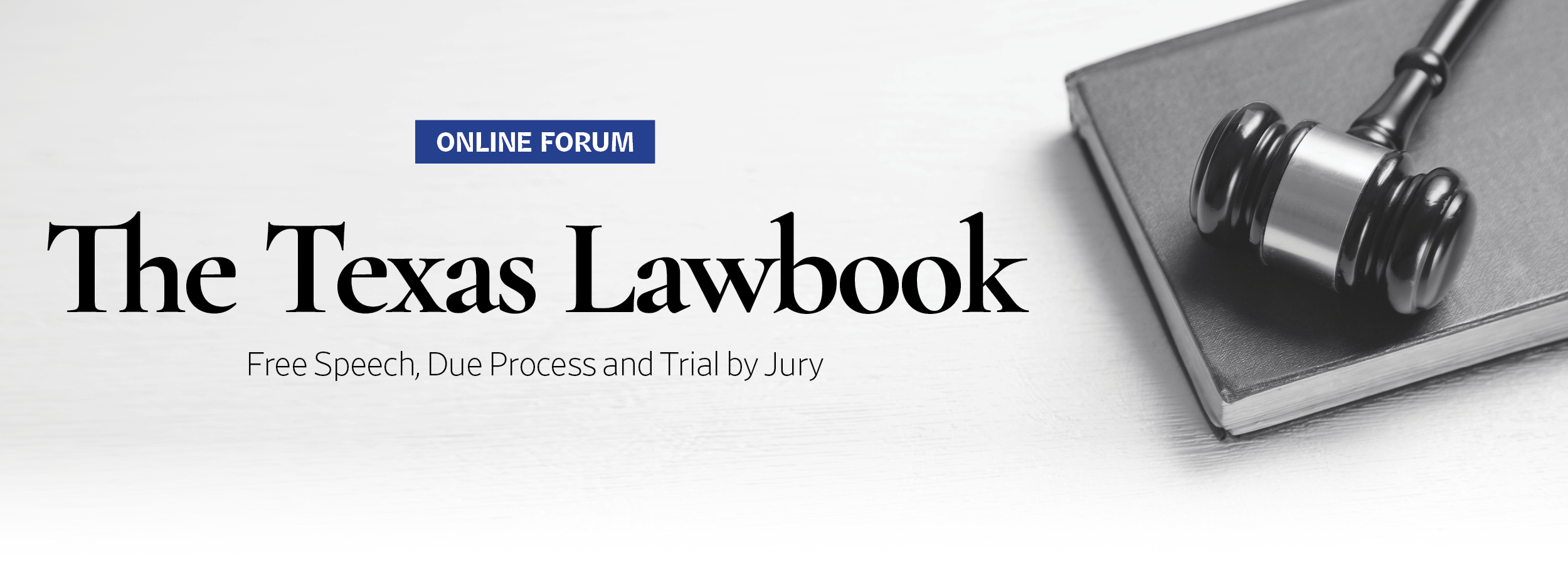The chairman of Paul, Weiss, Rifkind, Wharton & Garrison — a global corporate law firm that has been working to open an office in Houston — said in a memo to its lawyers Sunday that he tried to get other large law firms to join together to fight against the Trump administration’s attacks on his firm and other law firms, but none did.
“Disappointingly, far from support, we learned that certain other firms were seeking to exploit our vulnerabilities by aggressively soliciting our clients and recruiting our attorneys,” Brad Karp wrote in a 1,620-word letter, which was first obtained and published by The American Lawyer.
Karp said Paul Weiss faced “an existential crisis” when President Donald Trump issued an executive order on March 14 that targeted the New York-based law firm that boasts more than 1,000 attorneys and annual revenues in excess of $2.6 billion.
“This executive order could have easily destroyed our firm,” Karp said. “It brought the full weight of the government down on our firm, our people and our clients.”

RELATED: How Should Lawyers, Firms and GCs
Respond to President Trump’s Challenges?
Paul Weiss is a 150-year-old law firm that was one of the few legal shops that historically hired Jewish lawyers when other New York firms refused. The firm counts Texas energy giants Exxon Mobil, Chevron and Noble Corp. as major clients. The firm is currently the lead legal advisor for Party City in its bankruptcy case in Houston.
President Trump’s executive order would have suspended the security clearances for the firm’s lawyers and barred its attorneys from federal buildings.
Over the weekend, President Trump issued a memorandum directing Attorney General Pam Bondi to “review conduct” by lawyers and firms who engage in “frivolous, unreasonable, and vexatious litigation” against the U.S. government.
“Accountability is especially important when misconduct by lawyers and law firms threatens our national security, homeland security, public safety, or election integrity,” the president wrote.
A week earlier, the EEOC, following an executive order issued by the president, sent demand letters to 20 law firms — 13 of them operating in Texas — instructing them to provide (1) their policies regarding diversity and inclusion as they pertain to recruiting, hiring and promoting lawyers and (2) any information on clients of the firm that impose diversity requirements on their outside counsel. The EEOC letter made it clear that it considers many of these policies illegal discrimination.
None of the law firms have made any public comments regarding the EEOC letters.
Karp, in his letter to his firm, said Paul Weiss leaders were “initially prepared to challenge the executive order in court,” but that “it became clear that, even if we were successful… it would not solve the fundamental problem, which was that clients perceived our firm as being persona non grata with the administration.”
“Clients had told us that they were not going to be able to stay with us, even though they wanted to,” he said. “It was very likely that our firm would not be able to survive a protracted dispute with the administration.”
